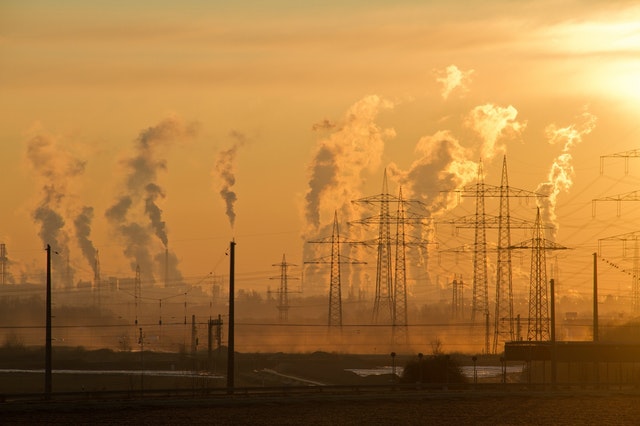In formal terms, everything went as planned. The goal of this year’s climate conference was to come up with a sort-of instruction manual on how to keep global warming to a maximum of 1.5 or 2 degrees, the goal set out in the Paris Agreement. And that, at least, was achieved.
From 2024 on, high- and low-income countries will be subject to the same rules and have to report on their emissions – and their progress in cutting them – every two years. Important guidelines were also set out to ensure transparency and commitment to the reduced emissions plans, and climate finance for the low-income countries. And pretty much everybody is on board – even India and China, countries with giant, and ever-growing, carbon footprints.
But history has shown that rules alone, however binding they might be, aren’t enough to ensure a reduction in emissions. Climate conferences are held every year, but global emissions haven’t sunk and the majority of our energy still comes from the burning of coal, oil and gas.
And the slow wranglings of the last few weeks don’t give us much hope that any country will turn those rules into concrete actions.
Drop Outs, Conflicts Over Carbon Credits and a Lack of Urgency
Among the guilty parties are the USA under Trump, who have by now pulled out almost entirely. China, Russia and the biggest oil countries have taken the opportunity to join them and to consistently try and hinder comprehensive environmental protection plans.
There’s more than a touch of irony about the fact that there was no agreement as to whether the IPCC report – that declares that we need to take immediate and drastic environmental measures – should be “welcomed” or merely “noted”. The report is seen in the scientific world as the most in-depth and comprehensive report ever on the climate, its changes and possible ways of dealing with it. Saudi Arabia, Quwait, the USA and Russia will only go so far as to “note” it, rather than viewing it as an urgent call to action.
But still: when it came to the topic of climate financing, voices were surprisingly united. Industrialised countries agreed to report on their climate finance plans and countries have agreed on the regulations around it. And when it came to the business of carbon credits, a tool that many climate scientists believe has huge potential, there was more agreement – only Brazil objected, and the final decision was postponed until next year.
Many had hoped that one or two countries would press ahead with drastic national climate plans at the summit, thus incentivising action from all the others. Unfortunately this didn’t materialise. Even the self-proclaimed High Ambition Coalition – which includes the EU and the island states that are most affected by the rise in sea levels – merely pledged to raise their targets by 2020.
Time to Fight for What’s Right
The IPCC has established that we only have a window of a few years left to successfully limit global warming. In light of all the beating around the bush and the political manoeuvring at the climate summits of the last few years, it’s easy to feel pessimistic. For while the word-wrangling continues, not a single action has yet been put into practice – and all the while, our planet keeps getting hotter.

Climate summits aside, however, there are many ways that we can have an impact. Every single person, every institution, every company, every single village and city has the opportunity to make environmentally-sustainable decisions and inspire crucial changes. It may seem too often like David’s fight against Goliath, the situation is not completely hopeless.
Author Rebecca Solnit has written a piece on “climate pessimism” that I found really inspiring. In it, she says that you don’t necessarily always stand up for the right thing because you believe that it will work. You do it because you are convinced that it is the right thing to do. And the actions that you take don’t necessarily have to be scalable. She compares the climate activists of today with the abolitionists of slavery in the 19th century or the dissidents in the Soviet gulag – who would have believed at the time that those lone fighters could cause a revolution?
This is a translation by Marisa Pettit of an article that originally appeared on RESET’s German-language site.






